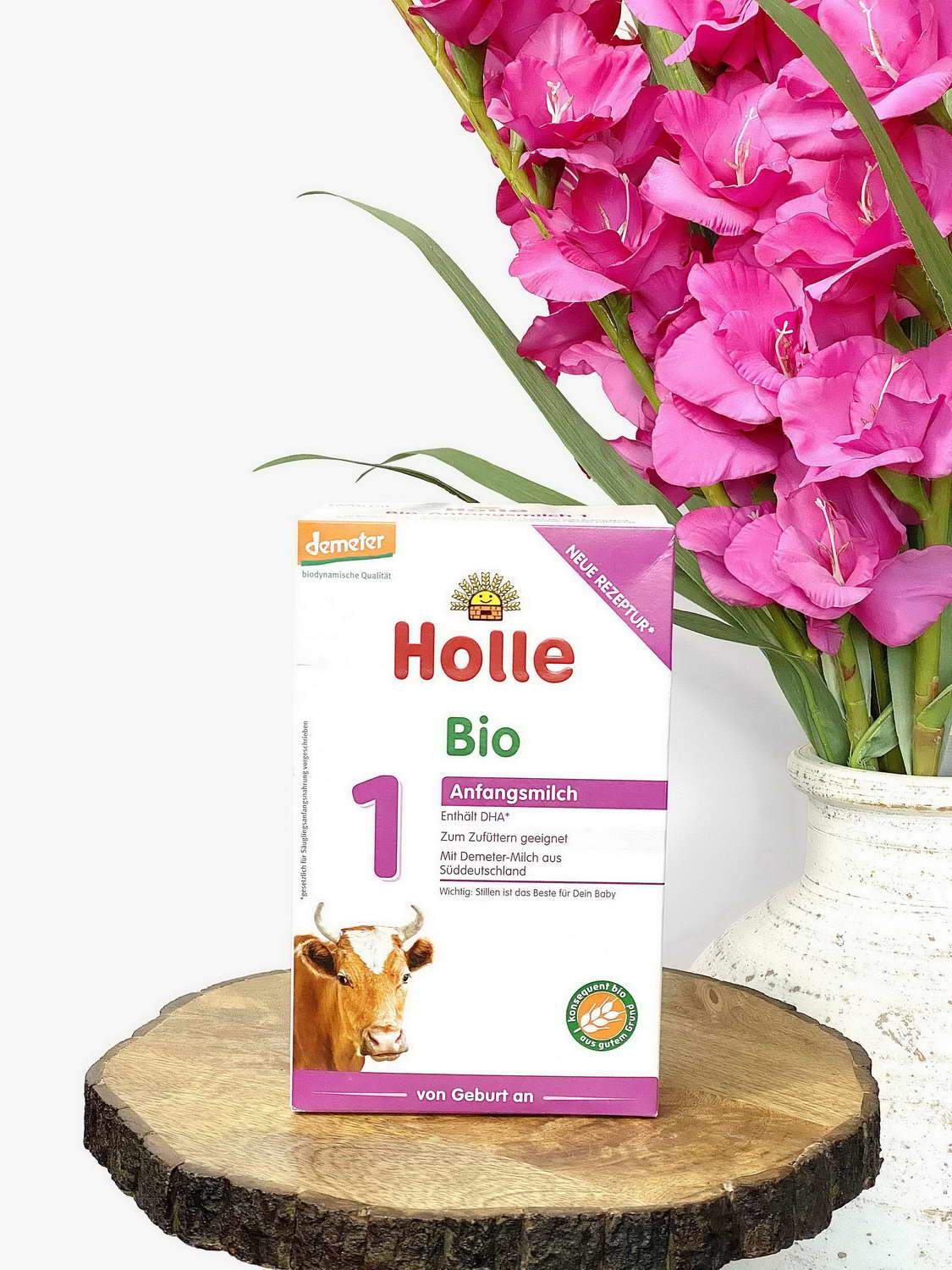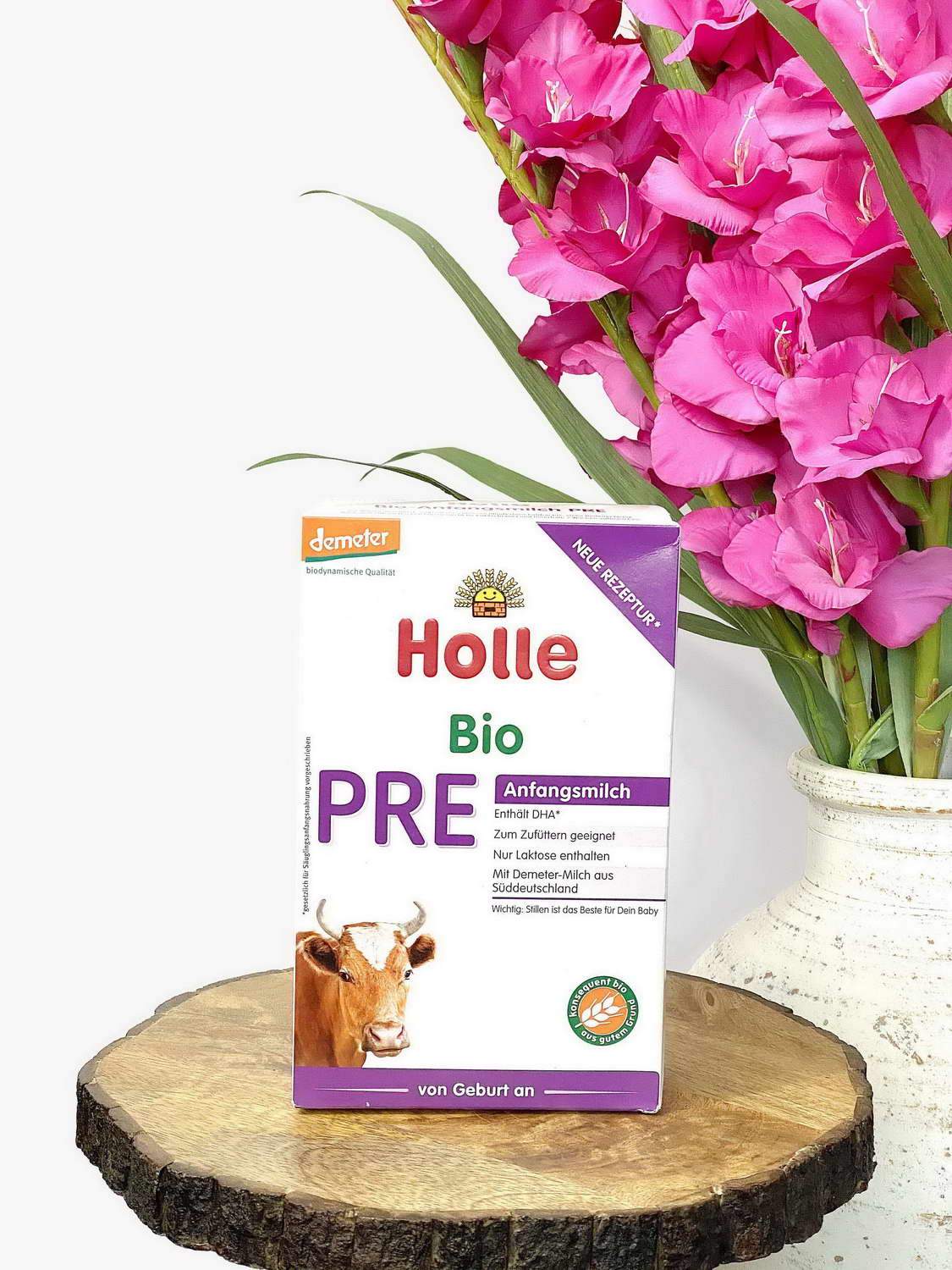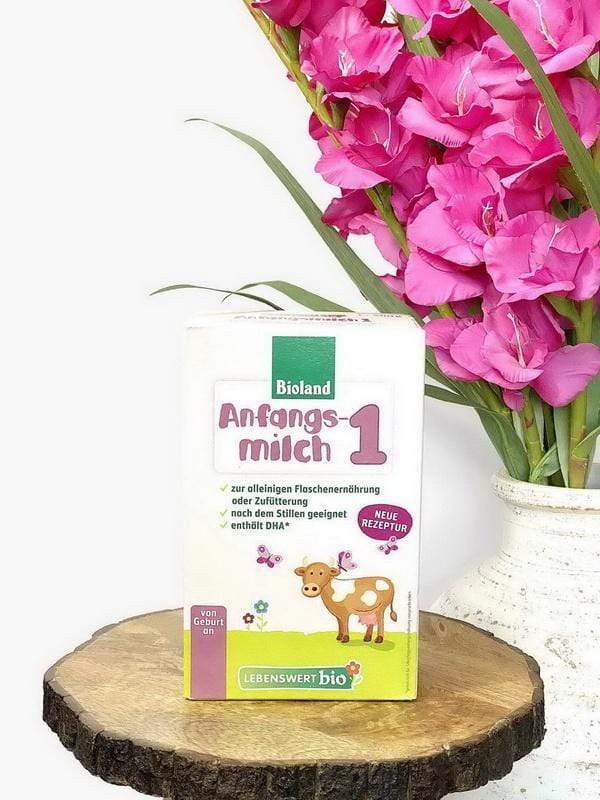When you have a new baby, there are all kinds of decisions to make; some are expected and made ahead of time, but many of them will be made as you go along.
One of the questions that most families face is whether or not you should give your little one a pacifier or if adding the soother might be a conflict to your baby’s feedings.
Pacifier
There are many opinions and conflicting information about pacifier use. Mostly, there is insufficient evidence to suggest that pacifier use is bad for breastfeeding or formula-fed babies. In fact, most evidence points to the fact that using a pacifier may even be beneficial.
Much like feeding choice, opposition to pacifiers stems from exaggerated perceived issues that are used to make parents and caregivers feel judged.
Ultimately, the decision to offer your baby a pacifier is a personal decision. To help you weigh this decision more carefully, we have some pros and cons for you to consider.
The Pacifier
When babies are born, they have a strong desire to suck. This natural sucking reflex happens in two stages.
First, when the roof of your baby's mouth is stimulated, and then when you place the mother's breast or a bottle in their mouth, the baby will place the lips over the nipple and squeeze it between the tongue and roof of the mouth.
This sucking reflex allows your baby to get all their nutrients in the first few months of life and is also extremely useful for soothing your baby.
The next stage happens when the baby moves their tongue to the nipple to suck, essentially formula from the bottle.
This sucking reflex allows your baby to get all their nutrients in the first few months of life and is also extremely useful for soothing your baby.
Baby Pacifier
When a little one sucks on a bottle, breast, or pacifier, hormones that relax your baby and put them to sleep are released.
When babies suck just for comfort, this is called non-nutritive sucking. This specific use of pacifiers can be beneficial for both parents and infants to get through periods of crying, especially during the early months.
Pacifier: Pros
The most important reason we have found is that pacifiers can be protective against sudden infant death syndrome (SIDS), according to the most recent research by the Academy of American Pediatrics (AAP).
Soothing
When your baby is fussy, pacifiers soothe and may even help with colic. They can help when you cannot hold or breastfeed your baby, such as when they are getting a medical exam or receiving immunizations.
Many babies have a need to suck even when they are not hungry; a pacifier can satisfy this desire for non-nutritive sucking.
Sleep
Sucking releases hormones that make your baby relaxed and drowsy. Letting your baby suck on a pacifier may help them fall asleep and may help them stay asleep during the night.
For bottle-fed babies, this can be helpful when your little one empties a bottle but still needs to be soothed to sleep.
Premature Babies
For premature babies in the intensive care unit, pacifiers can shorten hospital stays and help tube-fed babies learn to use a bottle.
Vacationing with Baby
The air pressure during flight causes your baby to have congestion and painful pressure in the ear canals. Sucking on a pacifier helps your baby relieve this pressure and again releases the soothing hormones that will help your little one feel relaxed.
Pacifier Teeth
Pacifier use can cause less dental damage than finger or thumb sucking and can be thrown away or modified when weaning. The same cannot be said about their fingers or thumbs, and is harder to wean and can have longer effects on teeth and pallets.
Pacifier: Con
Pacifiers have drawbacks that must be considered. The biggest problem with pacifiers we have heard from parents and pediatricians concerns full-time breastfeeding.
You should delay introducing a pacifier until breastfeeding is well set. Family doctors recommend waiting to introduce the pacifier when the following conditions are met.
✓ Your baby has returned to their birth weight
✓ You are comfortable getting your baby latched onto the breast
✓ You are not concerned about your supply - around three weeks
You can introduce a pacifier from birth if you are supplementing with formula or feeding a full-time bottle.
Ear infection
Some backdated research found that if your child is prone to recurring ear infections, their pacifier use may be to blame. Still, a more recent study does not show an association between pacifiers and increased ear infections.
These studies do encourage less use to help alleviate the possible habitual infection.
Bad Habit
Your little one may become quite attached to their pacifier and while it may seem like just taking the pacifier away is a quick way to break the habit, it is not always that easy.
Baby Teeth
Pacifiers may cause dental issues down the road if used beyond age 3. Pacifiers can change the shape of your child’s gum line and dental arch.
The good news is that pacifiers do cause fewer dental problems than thumb-sucking. The pros usually outweigh the need to deny a pacifier to a baby because of issues that will not crop up for three years.
Pacifier: Safety
After weighing all the pros and cons, if your family chooses to use a pacifier, you should take a few precautions to ensure that your baby will remain safe.
Pacify
Parents and caregivers have many decisions to make starting from the first day. My Organic Company is here to help make some of these choices easier.
By offering complete balanced nutrition without heavy metals, toxins, or non-lactose sugars, we ensure that European baby formula will be the only choice for your family.














